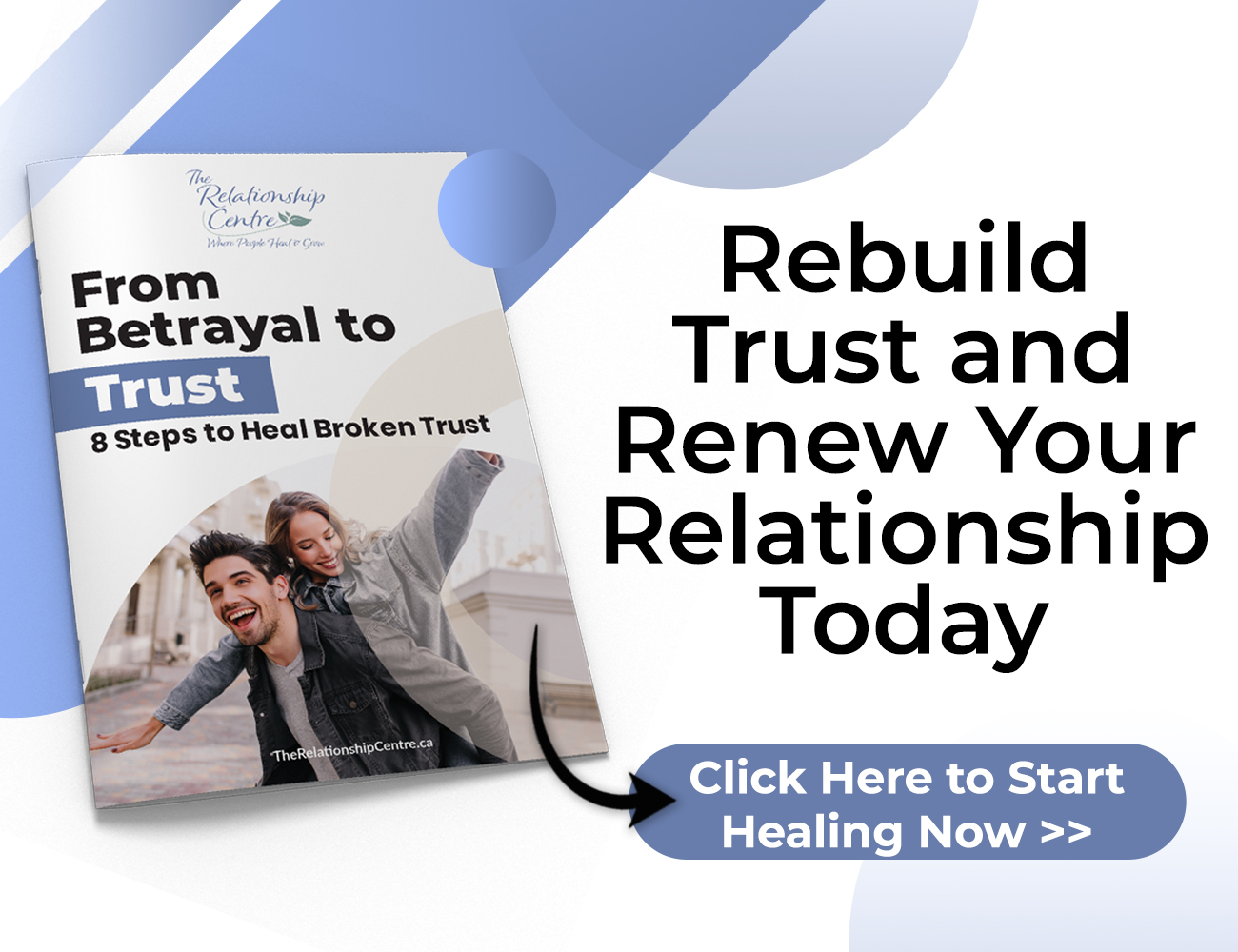When someone takes part in an emotional affair, they find their primary emotional support from someone outside of their committed relationship. Most couples agree that physical intimacy with anyone outside of their bond is strictly off-limits. And it’s easy enough to determine when a boundary like that gets crossed.
But defining emotional cheating in a relationship can be more challenging. Under the traditional definition of an affair, you may “not be doing anything” that goes against your relational commitment. However, emotional infidelity can be every bit as damaging as physical unfaithfulness. Partners get deeply hurt and relationships are damaged.
Most people have a decent working emotional affair definition in their minds. Still, it can be helpful to explore more in-depth about what one may involve. Doing so could help you avoid an emotional affair if a potentially compromising situation arises.
This knowledge can also make you more in tune if your partner is ever on the verge of an emotional affair. Either way, this understanding can help you manage this challenge before it becomes a bigger deal and a potentially greater threat to your relationship. Let’s take a look at some of the key aspects of emotional affairs.


Greater Technology Leads to Increased Temptation
First off, it’s important to note that emotional affairs are way more prevalent with the increasing rise in technology. Social media, email, personal cell phones and web searches that often aren’t observed by a partner are just a few of the many challenges committed couples must navigate.
There are just way more opportunities to cross lines than ever before. And emotional affair signs can sometimes be challenging to nail down or determine if a line has been crossed.
This leads to far greater temptation for partners than previous generations had to contend with. Maybe when your relationship is happier and healthier, the tendency to emotionally attach to someone besides your partner is lower. But we all go through rocky points in our relationships, and with technology readily available, there lies the danger.
Emotional Affairs Don’t Start Out as Inappropriate
One of the most significant challenges regarding emotional affairs is they generally start out as pretty normal-looking interactions. That could involve talking with an acquaintance at the gym or a family friend. Emotional affairs at work are also a possibility given the large blocks of time many spend with others while in their careers. The transition from the platonic friend stage to something more is usually quite subtle.
The offended partner may notice changes long before the one in the emotional affair acknowledges them. It can feel like a pulling away, coldness or overly critical attitude toward the other partner.
We’re all limited and have only so much emotional energy to give to a significant-other relationship at one time. When one partner uses that energy somewhere else, the other partner can often feel a noticeable change. There just isn’t nearly as much love to go around as there used to be.
When a partner voices their concerns about a relationship that seems too close, they may be met with objections. They could be told they’re overreacting, controlling or making it up. That just makes the concerned partner all the more worried. They may wonder, “Am I making it up? Or, is this just a defence mechanism because they feel guilty.”
Both partners may not see eye to eye on this because it doesn’t start out as an inappropriate relationship. But eventually, almost imperceptibly, that changes. It can be easy even for the partner in a budding emotional affair to not recognize it or deny it.
Secrecy is Desired
One of the key indicators that a partner has crossed the emotional affair line is when they become secretive about their interactions with someone other than their partner. The offending partner still may not view this relationship as inappropriate at first. Still, the instinctive attempt at secrecy often betrays their intentions.
In her “Psychology Today” article entitled 6 Signs That Your Spouse is Having an Emotional Affair, Abigail Brenner M.D. shares the following:
“In an emotional affair, the “other person” is someone you don’t want to share with your spouse and probably don’t even want them to know about!”
One of the most hurtful aspects of an affair is the great lengths the offending partner may go to hide secrets from their mate. Once the truth comes out, the wounded partner can feel an enormous weight of betrayal as a result.
Emotional Infidelity Competes for the Heart
Emotional affairs are sometimes called “affairs of the heart.” In that way, they have the potential to be even more painful than a physical affair, as devastating as those can be. To know that your partner was overcome by lust and now regrets a physical act is challenging enough.
However, knowing someone else has stolen your partner’s heart can be excruciating. The emotional affair partner may become happier, energized and more fulfilled with someone else. They may also share intimate secrets about their life with that individual they wouldn’t share with you.
With some physical affairs, although not all, the competition may only be over the straying partner’s body. But during an advanced emotional experience, far more is taken from you than that. What you lose is the very core and centre of the person you love.
Emotional Affairs Can Lead to Physical Affairs
Just like emotional affairs can transition from “just friends” to a stronger emotional connection than that, they can also evolve from emotional to physical. The partner engaged in the emotional affair may never expect to have a physical one. Still, all the previous compromises eventually lead them there.
This is another difference between a platonic friend relationship and emotional infidelity. There is some level of sexual tension or desire, even though it doesn’t initially go that far. But the problem is that it eventually can.
That’s why it’s so risky as a partner to rationalize an emotional affair away. There may come a time when you have crossed so many lines previously that it literally feels impossible to turn back when the opportunity for physical affection arises.
Emotional Affairs Can End Marriages and Long-Term Relationships
Thankfully, not all emotional affairs result in the ending of a primary romantic relationship, but they undoubtedly can. For that reason, they should be taken very seriously. The longer the emotional affair continues, the more damage that will be done.
You Can Recover from an Emotional Affair and Counselling Can Help
Are you currently in an emotional affair, or are you concerned that a partner may be in one? If so, therapy can often help you work through these challenges. For many couples, emotional affair recovery is possible, and your relationship, despite many hurts, can eventually thrive again. Some relationships even become stronger after recovery than they were beforehand.
The question of whether or not an emotional affair is happening can sometimes be challenging to answer. And partners may disagree on whether a line was crossed or not, leading to conflict and resentment. There may also be conflicting opinions about how to handle an emotional affair once one takes place. Getting over an emotional affair can also be challenging to handle alone as a couple.
For that reason, therapy can be an excellent strategy to better handle struggles over emotional affairs. Therapy can also be vital for rebuilding trust after emotional infidelity and during emotional affair recovery.
You’ll have a confidential, highly trained third party who can walk you through these challenges. If you’d like to learn more about how The Relationship Centre can assist you, please get in touch with us or schedule an appointment.












